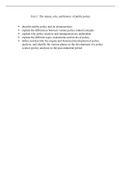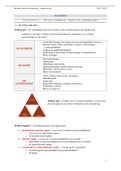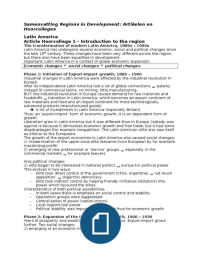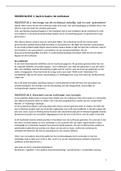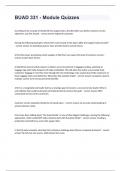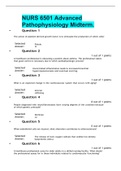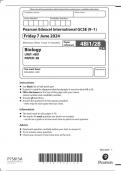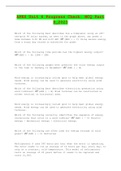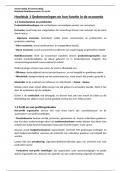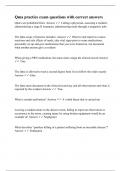Summary
Summary Introduction to Public Resource Management
- Institution
- University Of Pretoria (UP)
This document will discuss and explain the following in Exam Essay format: describe public policy and its characteristics • explain the differences between various policy-related concepts • explain why policy analysis and management is undertaken • explain the different types, ins...
[Show more]
